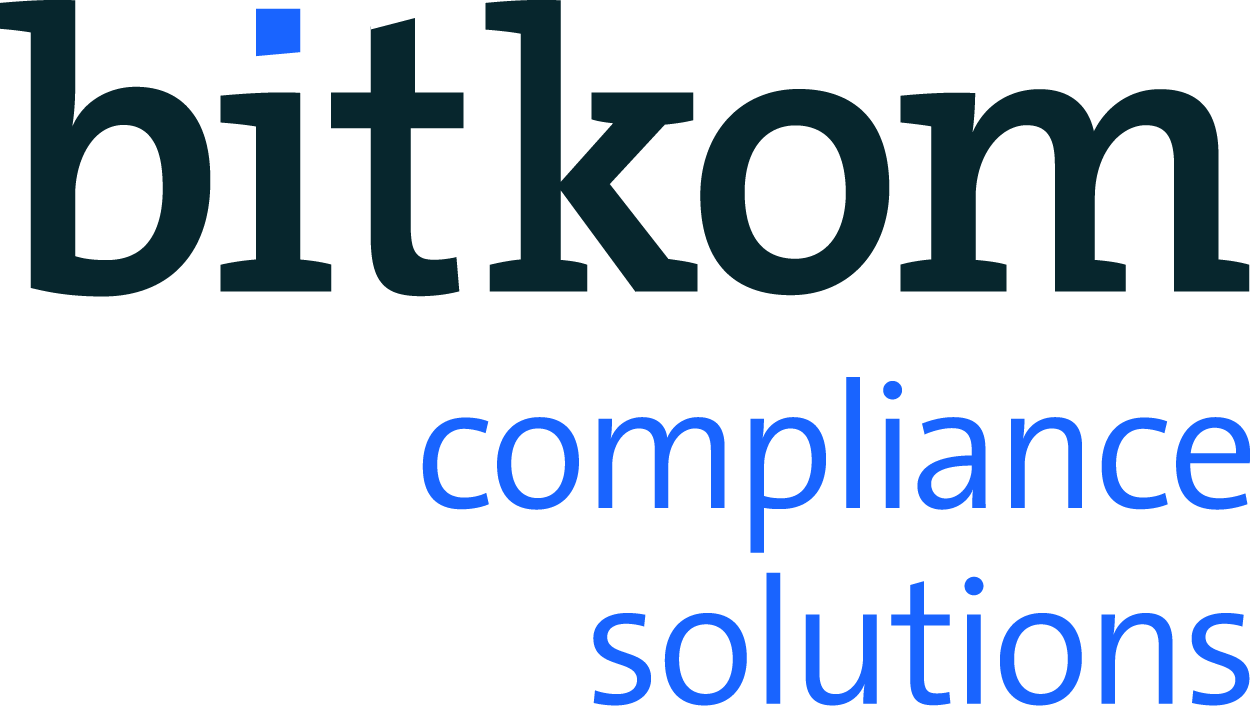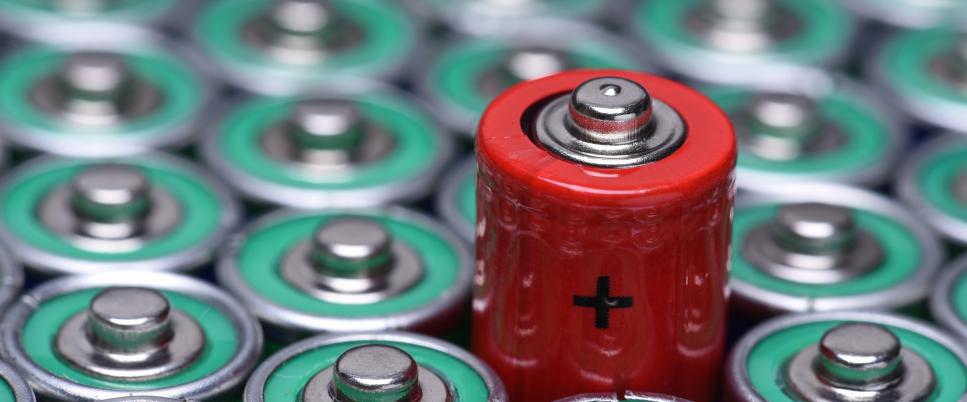Ready for BattG2? - New rules for distributors, manufacturers and take-back systems
The new Battery Act (BattG2) is in the starting blocks. From 01.01.2021, new framework conditions will apply to manufacturers and importers of batteries and accumulators.
We spoke with Andreas Kröniger, Executive Vice President of our partner CCR, about the future role of battery take-back systems and important issues surrounding the new BattG2.
What will the future role of take-back systems be like?
"The new BattG2 stipulates that in future there will no longer be a privileged joint take-back system, but only manufacturer-owned take-back systems. This is intended to promote competition among them.
The take-back systems are required to obtain approval from the stiftung ear and to collect old portable batteries from collection points throughout Germany. Take-back systems must meet a collection quota of at least 50%.
But that's not all. The take-back systems have to take care of the documentation for the manufacturers. Therefore, manufacturers are obliged to provide them with all the information necessary to fulfill the reporting obligations upon request. Finally, take-back systems take on the task of conducting consumer information campaigns about batteries."
What are the obligations for distributors?
"The batteries that dealers sell themselves must also be taken back by them free of charge. It does not matter what type of battery it is. The old batteries that are taken back are ultimately handed over to the take-back systems for recycling or disposal.
This is also an obligation on the part of dealers and also applies to online dealers. By the way, the take-back location for online retailers is the shipping warehouse."
Who pays for the return?
"The customer is responsible for the costs of returning the used batteries to the retailer. Every retailer must continue to draw the attention of their customers to the obligation to return batteries in a clearly visible and legible manner in their store or online store."
Who can distributors contact now?
"Distributors or collection points must first conclude a contract with a collection system. The term of the contract is at least 12 months. However, it is up to the distributor alone to decide which system to use. The take-back system is then obliged to collect used batteries free of charge within 15 working days from a quantity of 90 kilograms. If the 90 kilograms are not reached within a calendar year, the distributor is still entitled to a single collection per calendar year."
Which is the competent authority for manufacturers?
"Until now, the Federal Environment Agency (UBA) was responsible for manufacturers of batteries and accumulators. As of 01.01.2021, the Stiftung Elektro-Altgeräte Register (stiftung ear) will be the official authority for the new BattG2."
By when do I have to register with the stiftung ear?
"The obligation to notify the Federal Environment Agency was previously free of charge and will now be replaced by an obligation to register for a fee. In principle, registration must take place by 31.12.2020. For manufacturers who have already notified the Federal Environment Agency of the placing on the market of batteries in accordance with the previous legal requirements, a transitional period of one year applies. This means that they must then be re-registered with stiftung ear by 01.01.2022 at the latest."
But, exception proves the rule: If there are changes like data must be updated or supplemented, this must be specified already from 01.01.2020 at the stiftung ear. The recommendation therefore is to check the existing registrations once for their validity and accuracy - and still this year. Deviations can only be reported to the UBA until 31.12.2020.
Read more about it in our news about battery registration
How long is the registration with stiftung ear valid?
"The registration is valid permanently, unless it is revoked. However, changes, for example due to adjustments in the product range, must be notified to stiftung ear."
What happens if you do not register with stiftung ear?
"Failure to register could result in fines of up to 100,000 euros, profit skimming or even a ban on sales."
May third parties be entrusted with producer obligations?
"Yes, of course. All manufacturers have the option of commissioning a third party or authorized representative to perform manufacturer obligations. This can also include administrative services such as registration with stiftung ear."
You have questions or need support for the transition to the new battery law BattG2?
With our battery service we offer you an uncomplicated and cost-effective solution.
Find out more about our battery service

